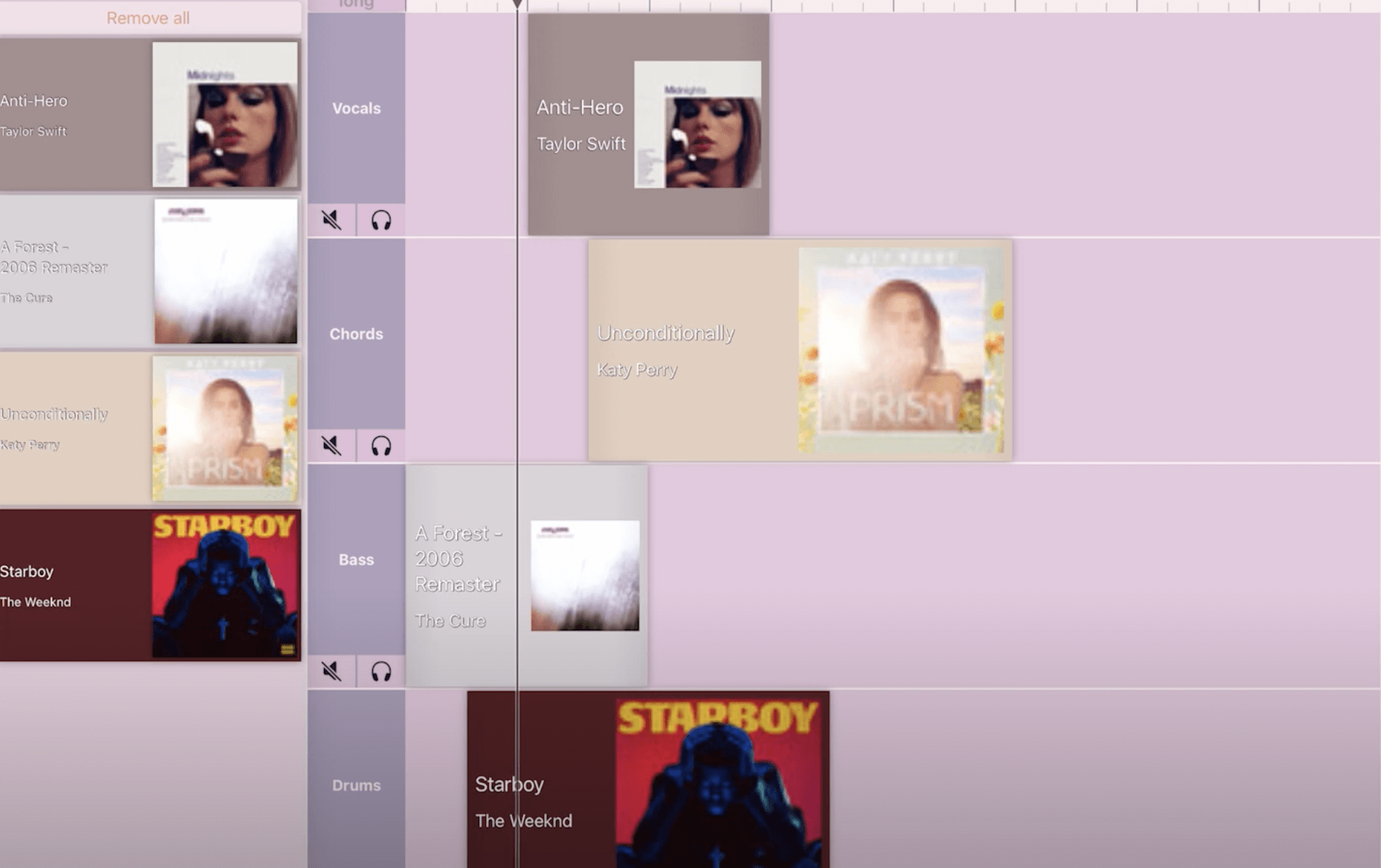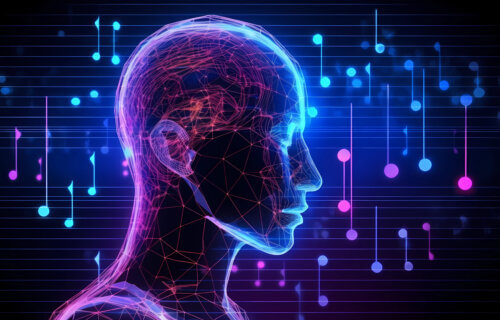ATLANTA — Imagine creating your dream song by blending your favorite artists and genres effortlessly. Thanks to Mixboard, a revolutionary tablet application developed by researchers at the Georgia Institute of Technology, this fantasy is becoming a reality. Using artificial intelligence (AI), the app allows users to create unique mashups without any musical or editing experience.
Professor Gil Weinberg and his team at the Center for Music Technology have been working on a mashup tool for years, and now, with the advancements in technology, their vision has come to life. By leveraging AI, Mixboard analyzes user preferences and selects the best parts of songs to create seamless mashups that users may not have naturally paired.
“I think everyone can become creative with music,” Weinberg says in a university release. “Maybe not everyone knows all the theory that is required to compose a piece of music on a note level, but almost all people like music. If we give them a very easy way to put songs in different places, they can create something unique.”
To make a mashup, users simply drag and drop up to four songs from Spotify or the Mixboard music library into different segments like vocals, bass, chords, and drums. The app’s visual interface allows users to follow along as their chosen songs blend together, with the final track being rendered within seconds. Once finished, users can download and share their one-of-a-kind creations.

What sets Mixboard apart is its AI capabilities. The app handles technical aspects and music theory, allowing users to focus on developing their songs. It uses open-source music information retrieval libraries to analyze song tempo, keys, and music stems, breaking down the songs into individual mixes. The algorithm can adjust the sound to match the tempo or transpose keys to ensure harmonization between songs. The researchers also provide templates of basic song structures to help users create appealing tracks.
To ensure that Mixboard is user-friendly and functional, the researchers conducted user surveys and evaluations. They observed how users interacted with the app and gathered feedback through interviews and surveys. The positive response from users has been inspiring, with many expressing excitement and surprise at the unique music they were able to produce.
While the researchers continue to enhance the app’s automation and improve its functionality, they envision a future beyond the lab. They hope to commercialize Mixboard, making it accessible to a wider audience. However, licensing constraints pose a challenge. Professor Weinberg has consulted with industry experts to explore potential partnerships and marketing opportunities for music rights holders.
Ultimately, Mixboard aims to democratize access to music production and showcase that anyone can be creative. The joy of creating mashups and witnessing the interconnectedness of music from different regions of the world has been an enlightening experience for the team.
The researchers presented their work at the International Conference of New Interfaces for Musical Expression (NIME 2023) in May.
You might also be interested in:
- Are Spotify playlists biased and costing artists money?
- Will AI ever reach human-level intelligence? 5 experts weigh in on question
- Listening to music really does chill people out, reduces anxiety
- Confessions of ChatGPT: ‘Interview’ with bot reveals bizarre nature of questions — but I may have been fooled

